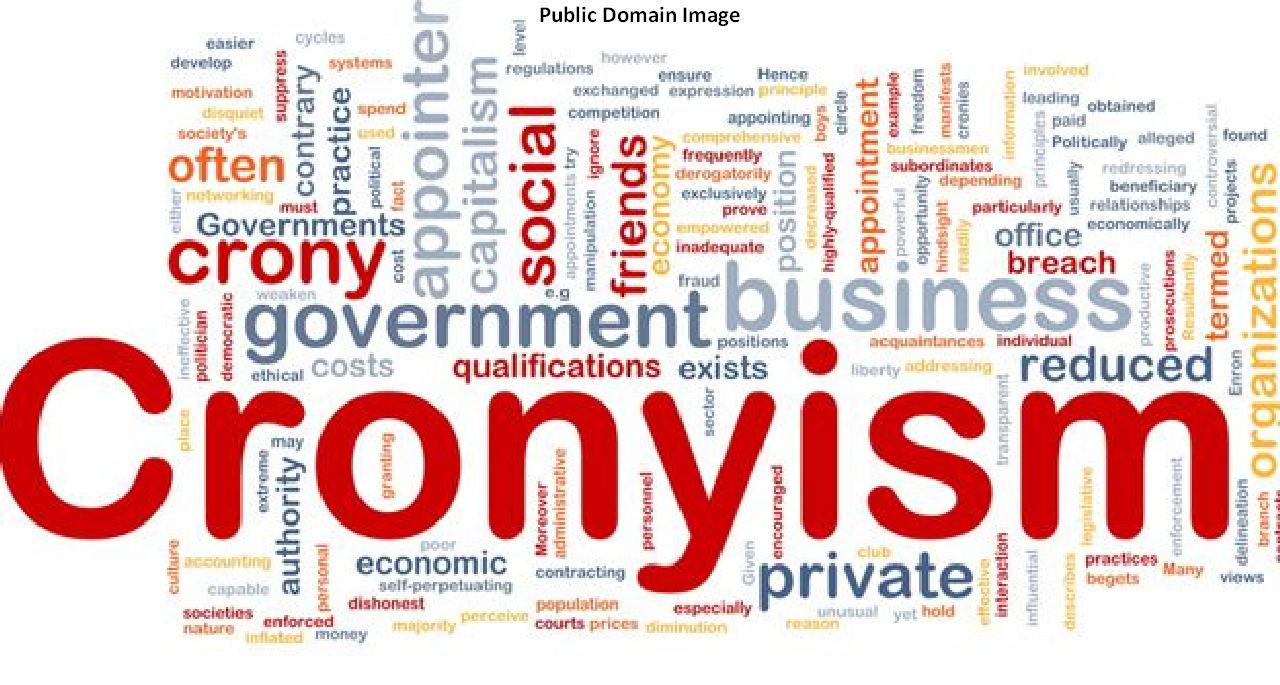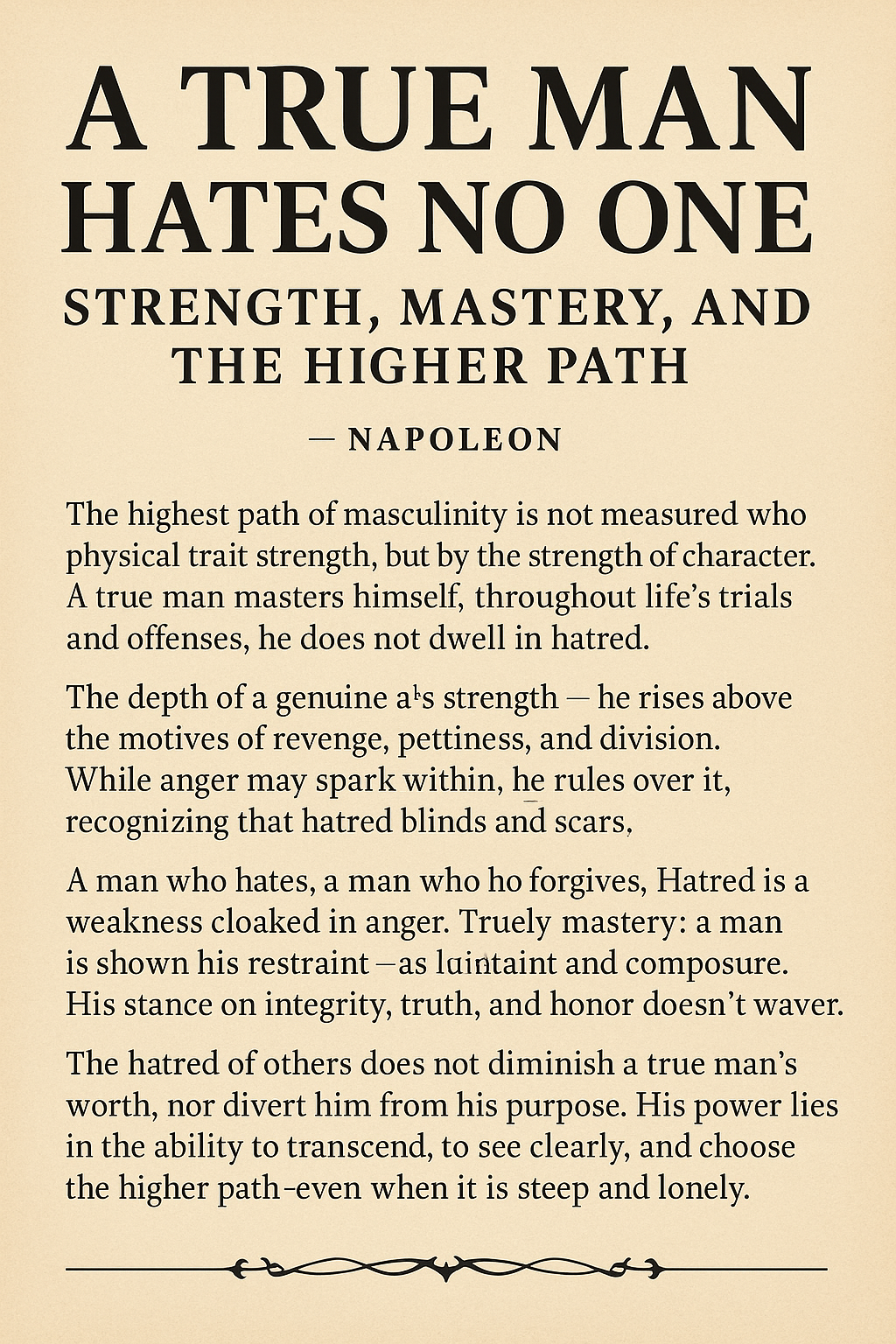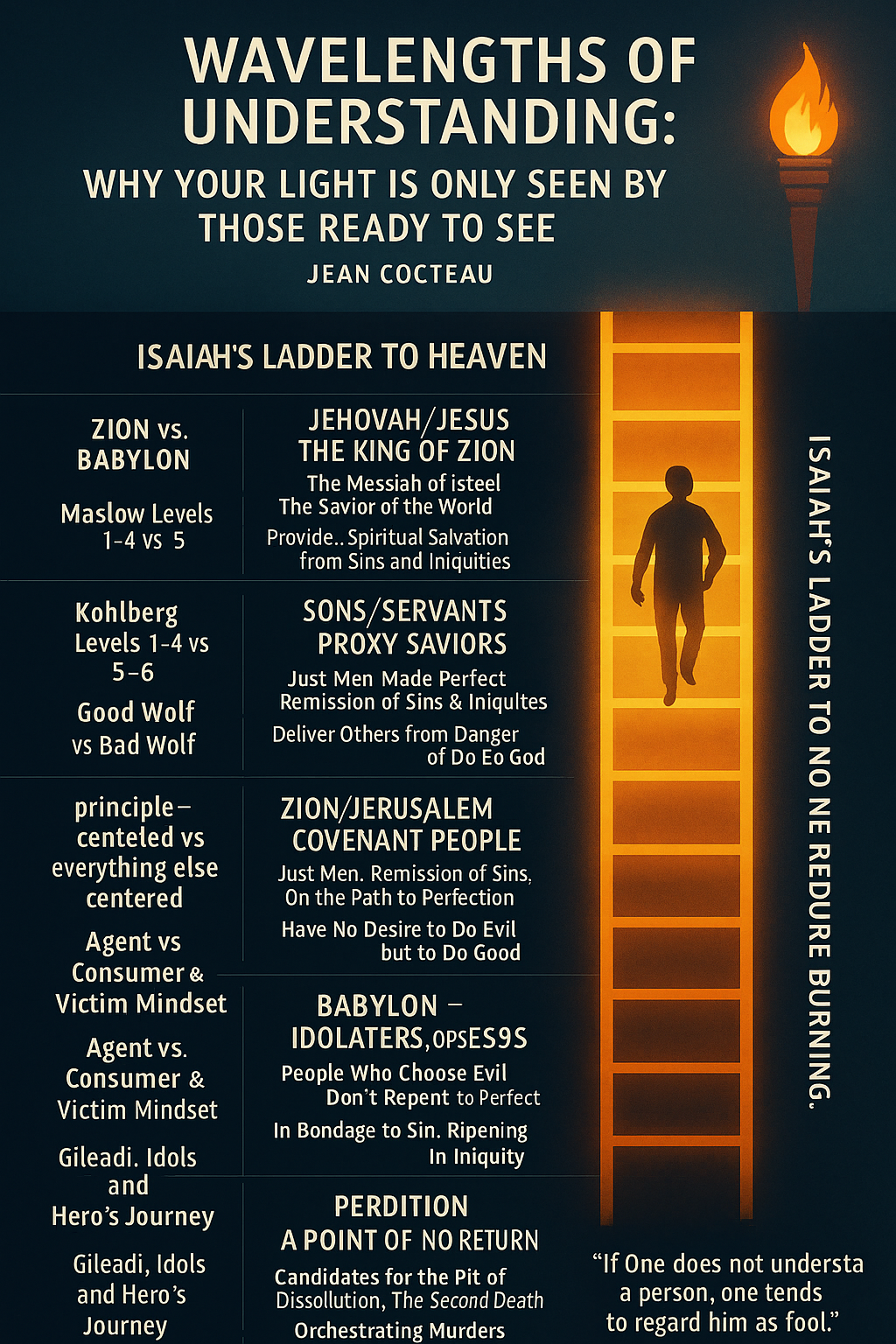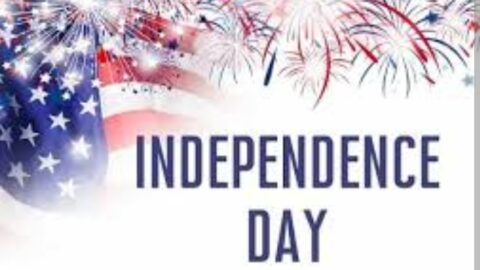The history of monopolies and corporatism can be traced through our countries history. But what is also interesting, and probably unknown is how they have evolved in the process. These monopolies and corporations are interwoven back and forth in gains and loses in open and underground warfare. The thread can be observed from putting a microscope to the circumstances leading up to the Declaration of Independence. It has been an issue before and after that pivotal point in breaking away from the old to create something new and better, the latest and greatest. I would ask, has as America completed a full circle and inherited exactly what we broke away from, Crony Capitalism, Fascism or Corporatism?
Let us revisit America’s history by going back to a document called The Statute of Monopolies in 1624 in England, prior to the break away to form a Republic, as it set-up a precedence and sentiment. The information and quotes are taken from a Northwestern University School of Law document, titled, “Monopolies and the Constitution: A History of Crony Capitalism“.
“As New York Chancellor James Kent later described the law, it was the “‘Magna Charta of British Industry,’ because it ‘contained a noble principle, and secured to every subject unlimited freedom of action, provided he did not injury to others, nor violated statute law.’”1
In Section one:
“[A]ll Monopolies, and all Commissions, Grants, Licenses, Charters and Letters Patents heretofore made or granted, or hereafter to be made or granted, to any Person or Persons, Bodies Politick or Corporate whatsoever, of or for the sole Buying, Selling, Making, Working or Using of any Thing within this Realm, or the Dominion of Wales . . . or of any other Monopolies, or of Power, Liberty or Faculty, to dispense with any others, or to give License or Toleration to do, use or exercise any Thing against the Tenor or Purport of any Law or Statute . . . and all Proclamations, Inhibitions, Restraints, Warrants of Assistants, and all other Matters and Things whatsoever, any way tending to the Instituting, Erecting, Strengthening, Furthering or Countenancing of the same or any of them . . . are altogether contrary to the Laws of this Realm, and so are and shall be utterly void and of none Effect, and in no wise to be put in Use or Execution.”1
In England, the Parliament (1640-1648) continued to protest against the “royal monopolies after the adoption of the Statute of Monopolies.”1 One of the statements that best described corporatism:
“They are a nest of wasps―a swarm of vermin which have overcrept the land. Like the frogs of Egypt they have gotten possession of our dwellings, and we have scarce a room free from them. They sup in our cup; they dip in our dish; they sit by our fire. We find them in the dye-fat, wash-bowl, and powdering-tub. They share with the butler in his box. They will not bait us a pin. We may not buy our clothes without their brokage. These are the leeches that have sucked the commonwealth so hard that it is almost hectical.”1
In North American, William Penn, the founder of the Province of Pennsylvania, “summarized the Statute of Monopolies and Darcy v. Allen,” writing that, “Generally all Monopolies are against the great charter because they are against the Liberty and Freedom of the Subject, and against the Law of the Land.”1
This was a sore spot, as the colonists wanted to be treated as Englishmen and could not be reconciled:
“[T]he respective colonies are entitled to the common law of England . . . [and] they are entitled to the benefit of such English statutes as existed at the time of their colonization; and which they have, by experience, respectively found to be applicable to their several and local circumstances.”1
The fire continued to burn in the hearts of the colonists as they were being treated poorly and as second-class citizens in the British Empire by the King and the government along with mercantile classes (the East India Company) and their laws:
- “England’s continued practice of issuing monopolies helped directly in causing the American Revolution.”1
- “England enacted an extensive set of laws which granted English merchants monopolies in colonial trade for a variety of markets – from manufactured goods to all kinds of raw materials.”1
- “By the late eighteenth century, black markets arose in the colonies as a response to England’s mercantilist trade policy. As a result, the English mercantile laws were enforced with great intrusiveness, which in turn had grave consequences for England’s relationship with the American colonies.”1
- “For instance, although the main point of protest in Boston over the Tea Act was taxation without representation, the Boston Tea Party was an act against the British government and the East India Company, which had a monopoly over tea importations to the colonies.”1
- “The havoc wreaked by the English monopoly system on England’s relationship with the American colonies cannot be overstated.”1
As we continue to read on, it will appear to be more and more like we are paralleling and repeating the royal monopoly era as it divided the English people.
“[T]he efforts of the English government, backed by English merchants and manufacturers, to deny to the Americans the right to compete in foreign markets and to secure the benefits of foreign competition was one of the most potent causes of the American Revolution. The spirit of monopoly which had permeated English business life for centuries and worked injury in so many ways now wrought irreparable harm to the British Empire by bringing about the loss of invaluable dominions and the irrevocable division of the English people.”1
We can read how, “the English experience with monopolies influenced colonial America in two ways.”1
- “First, some colonies adopted their own versions of the Statute of Monopolies since the English Statute of Monopolies and common law were generally thought not to extend to the colonies.”1
- “Second, England’s monopolistic trade laws led to protest by the colonists and eventually the American Revolution, just as James I’s monopolies had so outraged Englishmen in Parliament in the 1620’s and led to the English Civil War in the 1640’s.”1
We hear that the colonists were upset about “taxation without representation“, but we are left without context. We finally get more details and context into why the colonists were upset about the concept. They were being double taxed, indirectly and directly.
“In both instances, complaints were made about taxation without representation and in both instances monopolies were in part to blame. King George III, like James I, imposed a double burden on his people by both taxing his people directly and by indirectly taxing them through the issuance of royal monopolies. The colonists were both taxed on imports, and they were made subject to British control over foreign trade without representation in Parliament.”1
In closing, we can see the colonists were not being treated fairly by being heard, they had not representation in England in the Parliament, and they were being double taxed, indirectly and directly. It is a form of theft. These abuses went on for years until the colonists started to protest, and still not being heard escalated the situation until a civil war happened and evolved into the Declaration and War for Independence.
Where are we today?
Has America completed a full circle and inherited exactly what we broke away from, Crony Capitalism, Fascism or Corporatism? The answer is, yes!
“Thus, if there exists a law which sanctions slavery or monopoly, oppression or robbery, in any form whatever, it must not ever be mentioned. For how can it be mentioned without damaging the respect which it inspires? Still further, morality and political economy must be taught from the point of view of this law; from the supposition that it must be a just law merely because it is a law.” — Frederic Bastiat
We need Americans to wake-up to what our countries foundation stands for.
“If ever a time should come, when vain and aspiring men shall possess the highest seats in Government, our country will stand in need of its experienced patriots to prevent its ruin.” — Sam Adams
Truth, education and informed people are needed in order to set things right.
“Whenever the people are well informed, they can be trusted with their own government; that whenever things get so far wrong as to attract their notice, they may be relied on to set them to rights.” — Thomas Jefferson to Richard Price, 1789
(1) Monopolies and the Constitution: A History of Crony Capitalism







